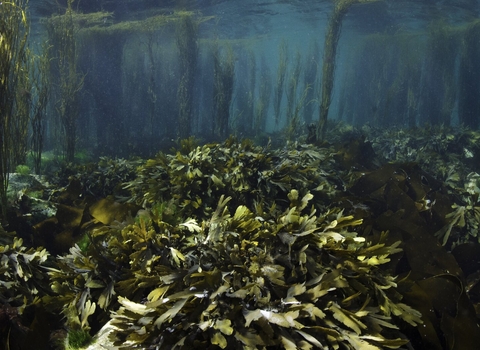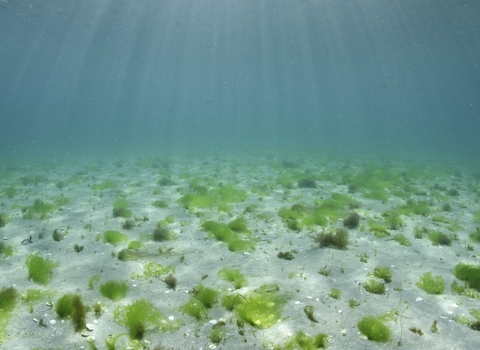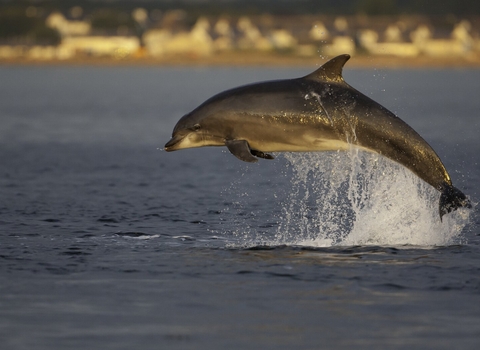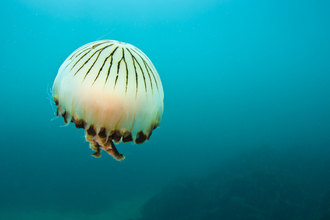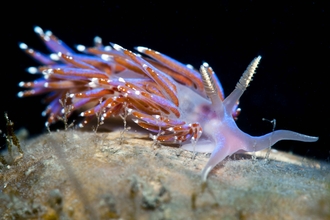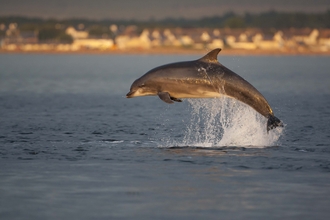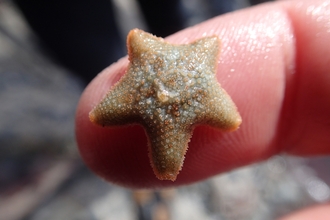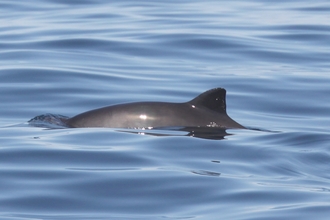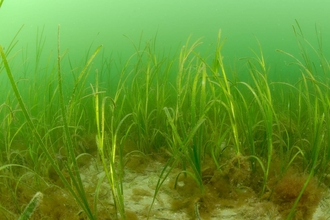Our marine environment is in trouble
Thankfully, it’s not too late to turn this situation around. Our seas and sea life have a remarkable capacity to recover, and if we act now, Living Seas are within our grasp.
Living Seas is The Wildlife Trusts’ vision for the future of our seas. We urgently need your help to bring back the UK’s Living Seas, where marine life thrives from the depths of the ocean to the coastal shallows.
The Wildlife Trusts believe it is possible to achieve Living Seas around the UK within 20 years – a single generation – but only if opportunities are seized now to make radical changes over the next five years.
Protection for our seas
For over a decade, The Wildlife Trusts have campaigned with other environmental organisations in the UK for new laws to provide better protection for marine habitats and wildlife. As a result, the ground-breaking Marine and Coastal Access Act (Marine Act) was introduced in November 2009, providing UK Government with the tools needed to revolutionise the management of our marine environment. We have been working tirelessly to ensure that the Marine Act is effectively implemented in Wales, to ensure that the opportunities provided by the Act are seized to ensure real benefits for biodiversity around the Welsh coast.
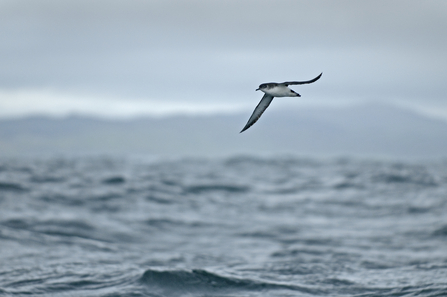
© Chris Gomersall/2020VISION
Marine Protected Areas
One of the most important and exciting aspects of the Marine Act is the creation of a network of Marine Protected Areas (MPA's) throughout UK seas. MPA's protect the wildlife within their boundaries and allow nature to recover and thrive. In many cases, they can also have an influence beyond their boundaries, as burgeoning wildlife populations spill out into the surrounding sea.
Carefully designed and well-managed networks of MPA's can boost the health of the marine environment as a whole, helping it recover from past impacts and enabling it to sustain current pressures. MPA's are at the heart of marine nature conservation and essential for the sustainable management of the UK’s marine area. That is why The Wildlife Trusts regard MPA's as the bedrock of Living Seas.

Vaughn Matthews
Is it enough?
Under the Marine Act, new sites have been introduced called Marine Conservation Zones (MCZs). Within these zones, no extraction of resources nor deposition is allowed and all other damaging or disturbing activities are banned. However, at present only a small number of highly protected Marine Conservation Zones exist in Wales.
We believe that normal well-managed MCZs are needed to help Wales achieve a *Good Environmental Status (GES) required under the EU Marine Strategy Framework Divertive (MSFD).
What are Marine Conservation Zones?
Marine Conservation Zones complement the existing Marine Protected Areas network in Wales, creating a series of marine wildlife havens around Wales. In order to decide where new MCZs should be located, ecological, social, and economic criteria are applied to Welsh inshore waters.
In December 2014, the Welsh Government enacted Part V of the Marine Act and designated Skomer as Wales’ first Marine Conservation Zone. This also enables the Welsh Government to designate further MCZs in Welsh waters.
Glossary
Good Environmental Status (GES)
Good Environmental Status is the environmental status of marine waters where these provide ecologically diverse and dynamic oceans and seas that are clean, healthy, and productive within their intrinsic conditions. They are when the use of the marine environment is at a level that is sustainable, thus safeguarding the potential for usage and activities by current and future generations.
Marine Protected Areas (MPAs)
Marine Protected Areas protect the wildlife within their boundaries and allow nature to recover and thrive.
Marine Conservation Zones (MCZs)
Marine Conservation Zones offer a higher level of protection, where no extraction of resources nor deposition is allowed and all other damaging or disturbing activities are banned.

